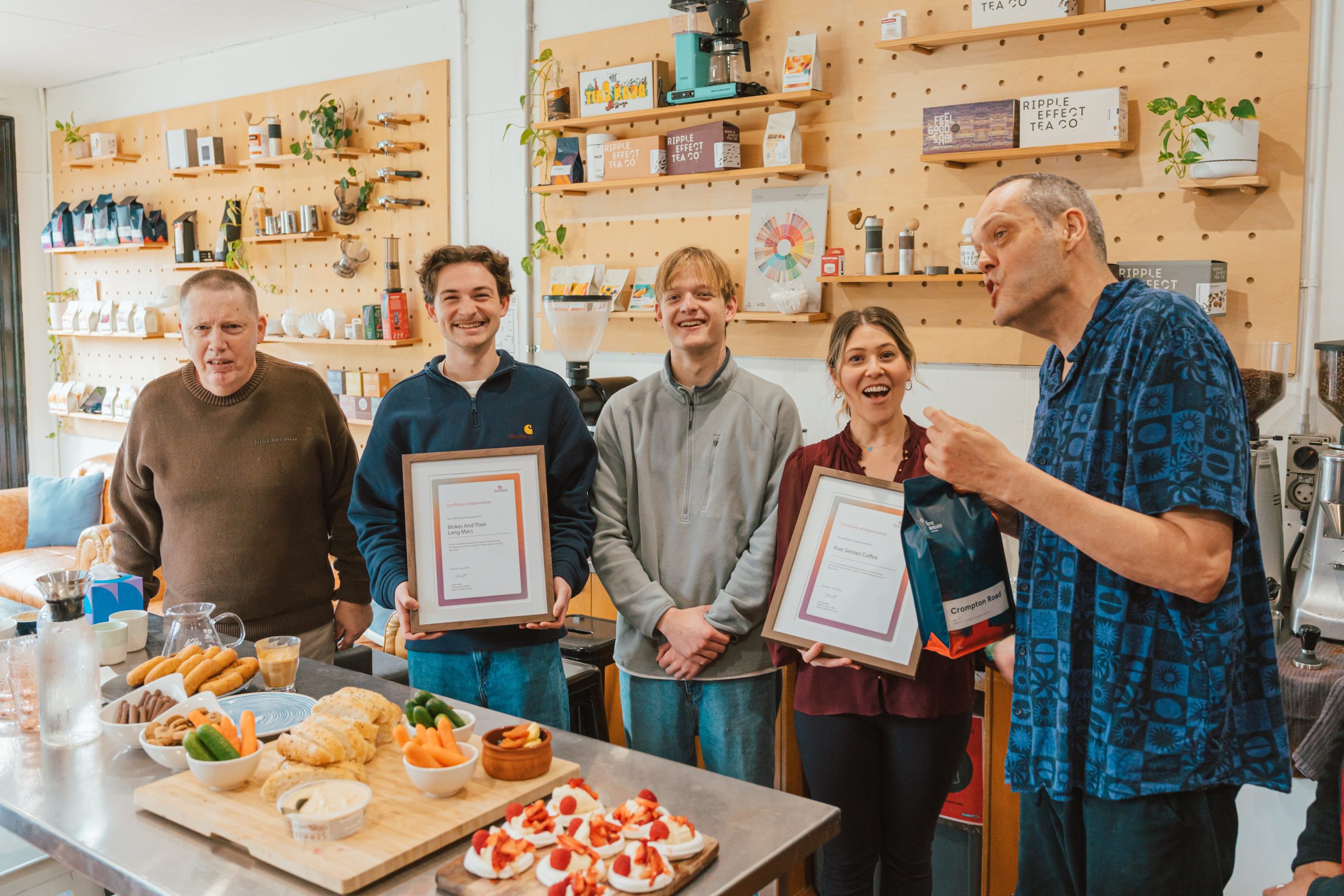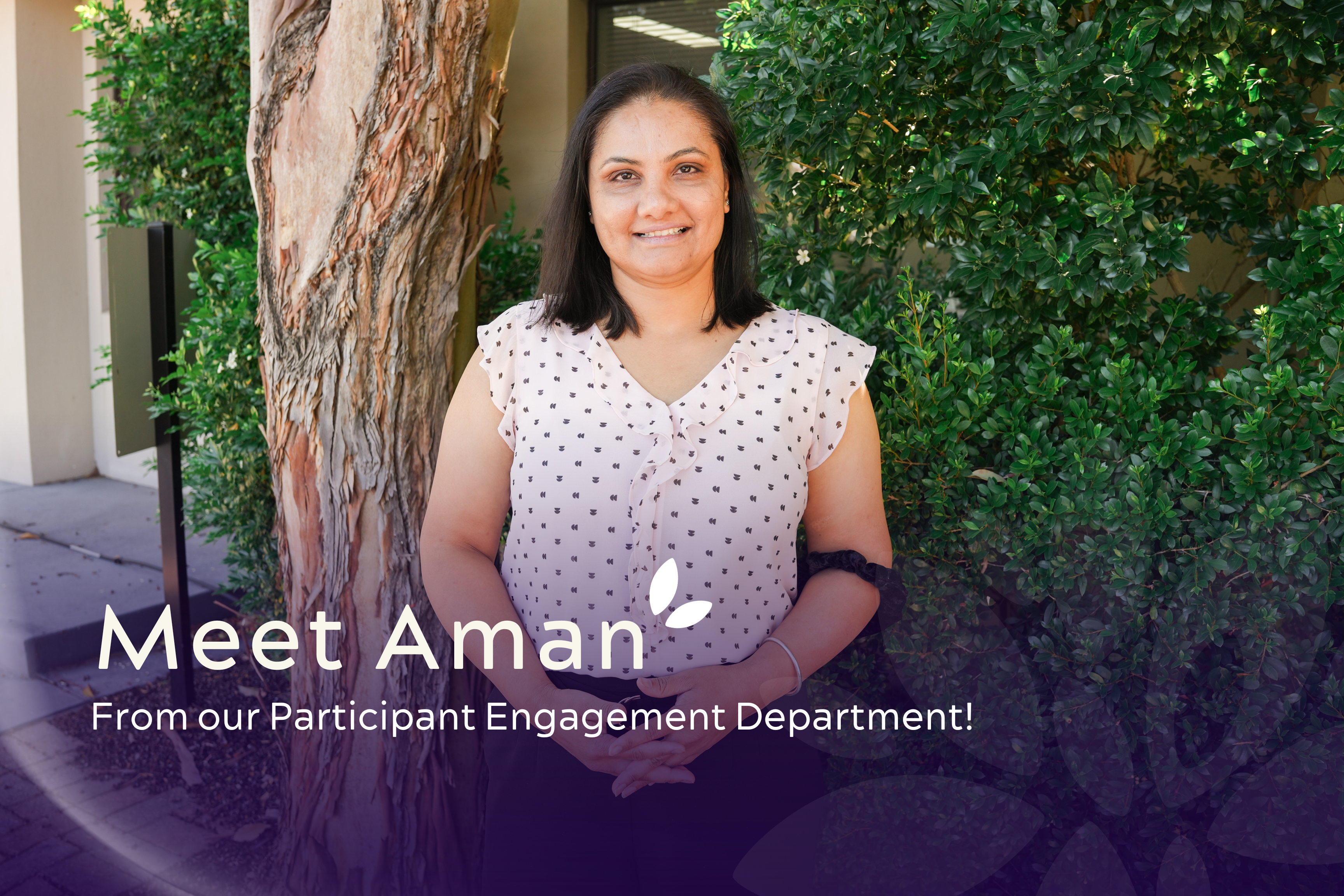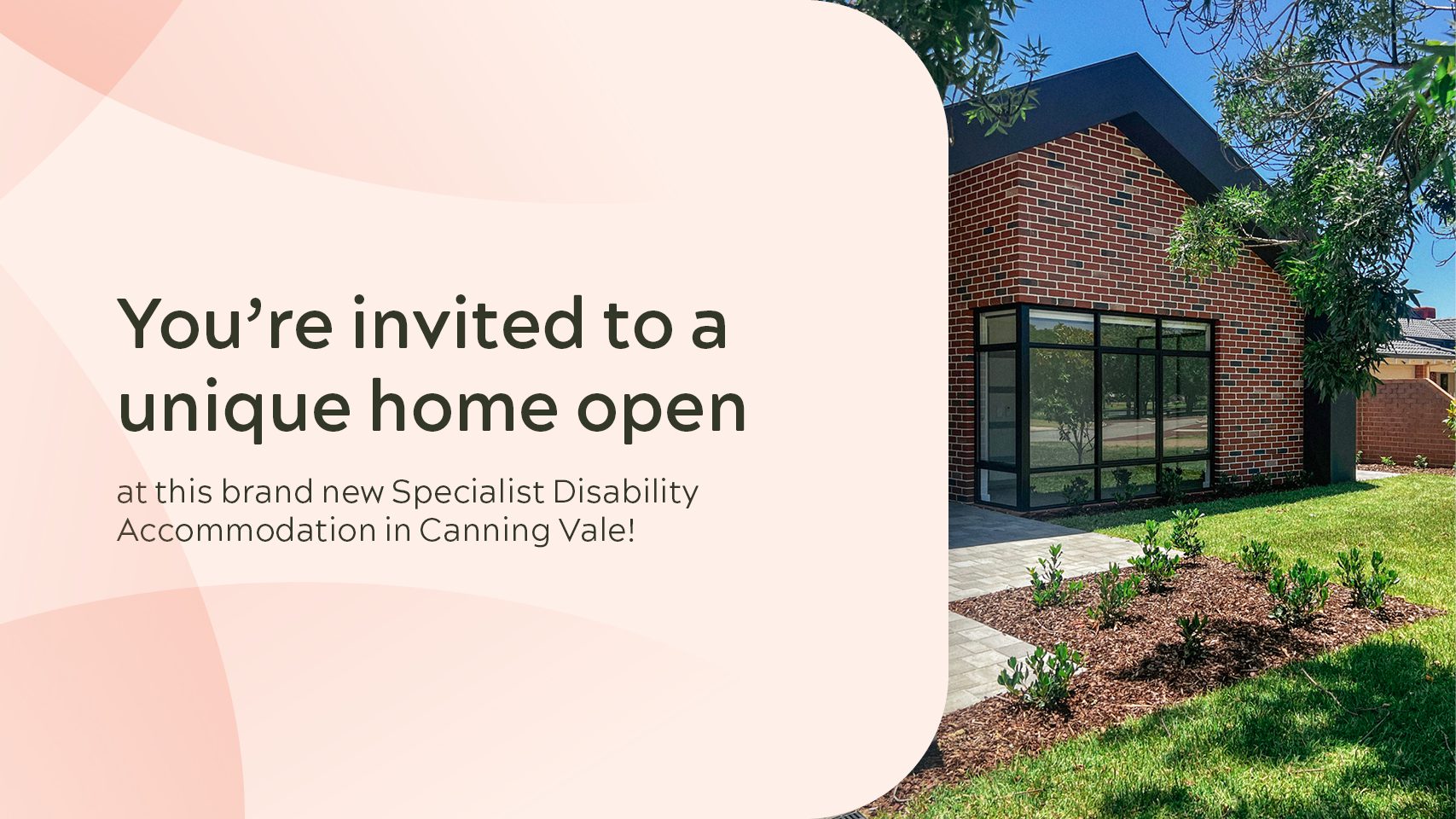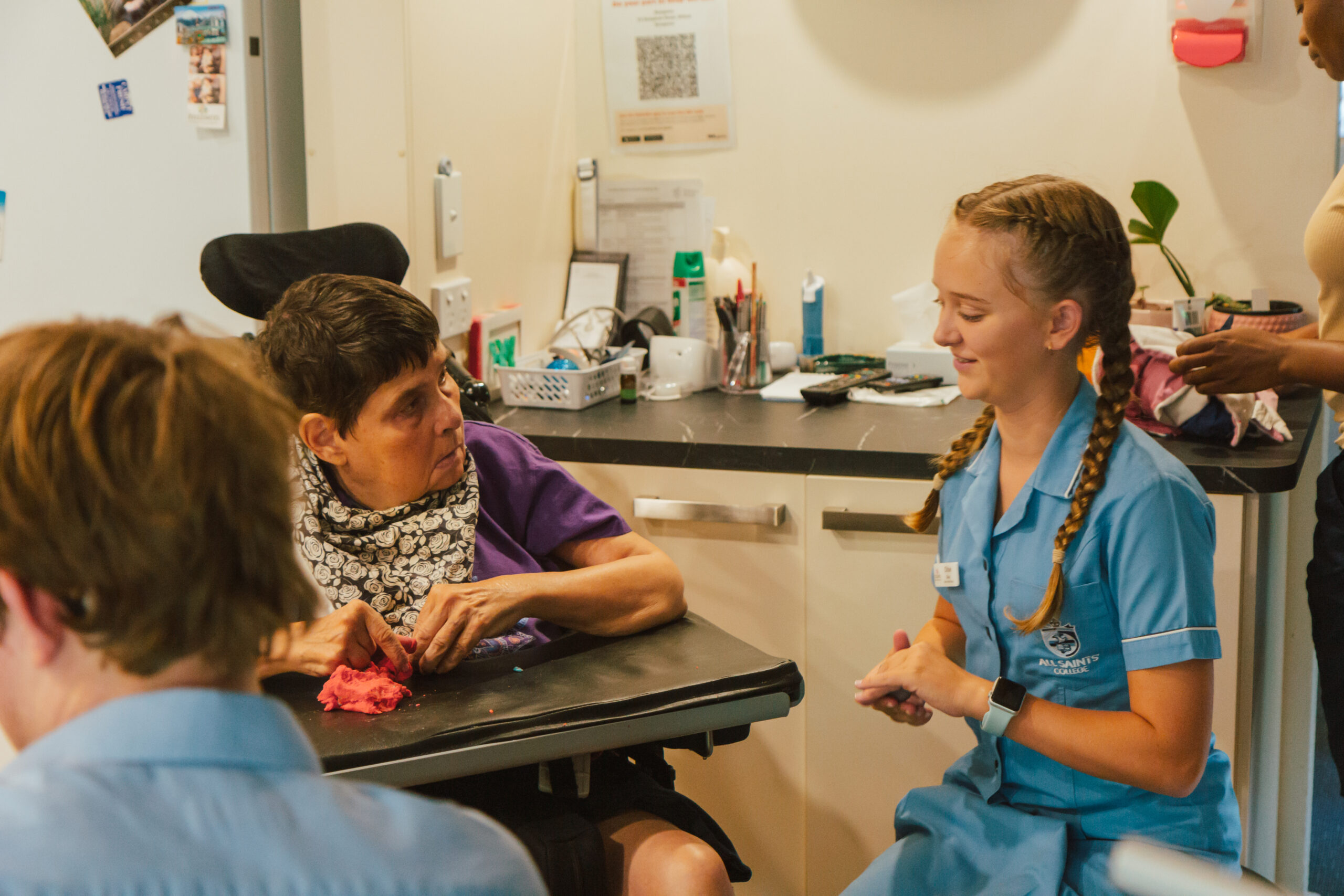
Written by Chloe Glass, Nulsen Youth Patron, All Saints College 2023, to remind us to look beyond the label that people with disability are typically defined by, and look at the positive experiences they live.
Societal normalities. It’s a hard concept to grasp. It is dictionary defined as when an individual practices a behaviour because they believe others like them or in their community, practice this behaviour. Social norms are passed from one generation to the next. We teach our children what we learn from our parents, its force of habit. Unfortunately, this often includes the social norms that have existed for generations and are quite frankly, very outdated.
The label “disabled” comes from a long history, jumping way back to the 1570’s, about 453 years ago. We have learnt so much since then, and yet, we still have the same stigma around this label. 1570 was a time before the Salem witch trials and before we found out dinosaurs existed, so why do we still follow the social practices put in place all these centuries ago? It’s because of societal normalities and our want to fit in.
People in our society distance themselves from those who look different, those who act different. People who live with a disability are treated as different. They are treated as outsiders, ignored by the wider community. This stigma has existed for centuries.
Our social norms are passed from one generation to the next. Like many others, I was also taught these social norms, the ones passed down throughout families.
A quick backstory. I would have been 6, maybe 7, and I saw this man, who often sat at my local IGA across from my primary school. He was in a wheelchair, and almost always sat alone. Overtime I learnt that he was nonverbal. Like any other child I was curious. Why did this man look like any other but acted different. Why did he sit in his chair and not stand up. And more importantly, why did no one speak to him.
I followed social norms, I followed what was taught to me. Be polite, don’t stare. I was taught to just ignore because they didn’t want attention brought to them. “Just ignore, because you don’t know them”. Ignore them because you don’t know how they got here. You don’t know their story, why learn? That “why” and curiosity live with me every time I walk past that IGA. I’m 16 now and I still think about that man whenever I am near the place in which I first found him. It’s the “why” that convinced me to join the Nulsen Youth Patron Program. I wanted to learn. What’s their story, and how is it more than their disability? It’s the “why” that landed me here today.
Through the Nulsen Youth Patron Program I have learnt so much. People who are labelled as “disabled” are so much more than their disability. Everyone has lived a life, everyone has had valuable experiences that should be shared, regardless of their ability to speak, walk, eat.
There is a saying, “don’t judge a fish by its ability to climb a tree”. You don’t expect a fish to climb a tree so why is that the criteria we judge them on. You can’t judge everyone on their ability to tell a story by their speaking skills. You never know the challenges someone may have faced and what they have overcome. You don’t know who is under the skin and the personality they have. Just like any other person, people with disability want to share their talents and experiences with the world.
The Nulsen Youth Patron Program is breaking down stereotypes and labels which have been around for over 400 years. These societal normalities are stopping with this generation. What is their story, and how is their story more than their disability? Everyone has a voice, just not everyone has the ability to use it.
Discover Nulsen

Disability Accommodation in Perth
Nulsen Disability Services collaborates with SDA (Specialist Disability Accommodation) providers to meet the needs of Western Australians seeking NDIS SDA in Perth.
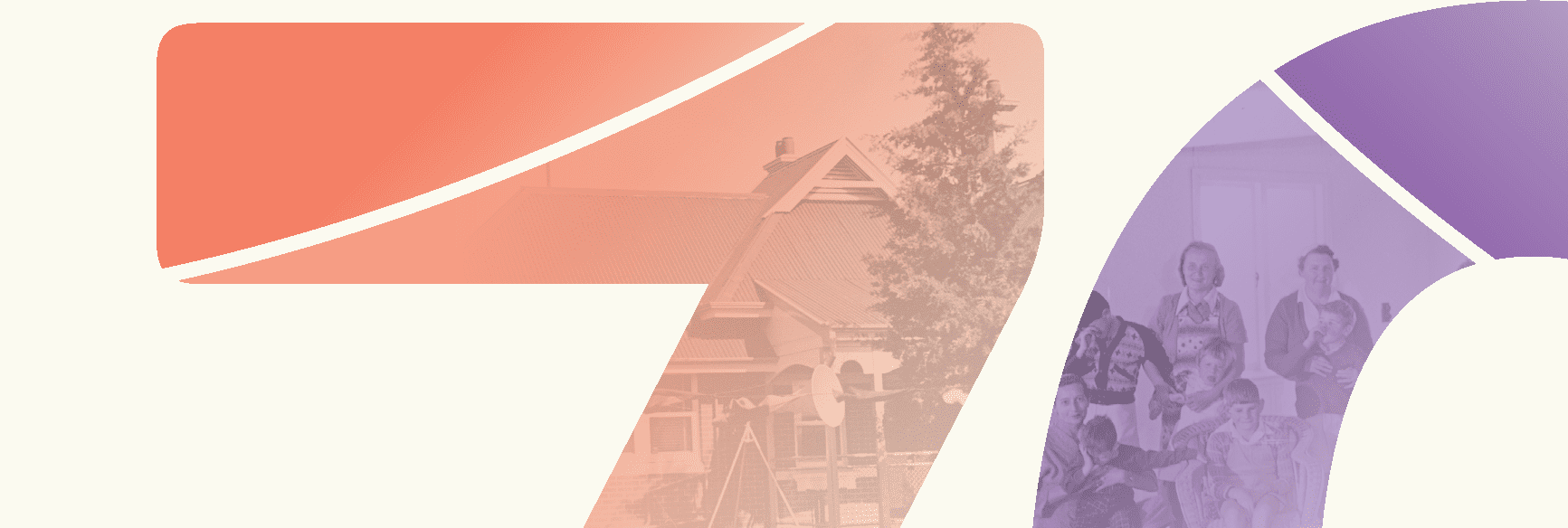
70th Anniversary
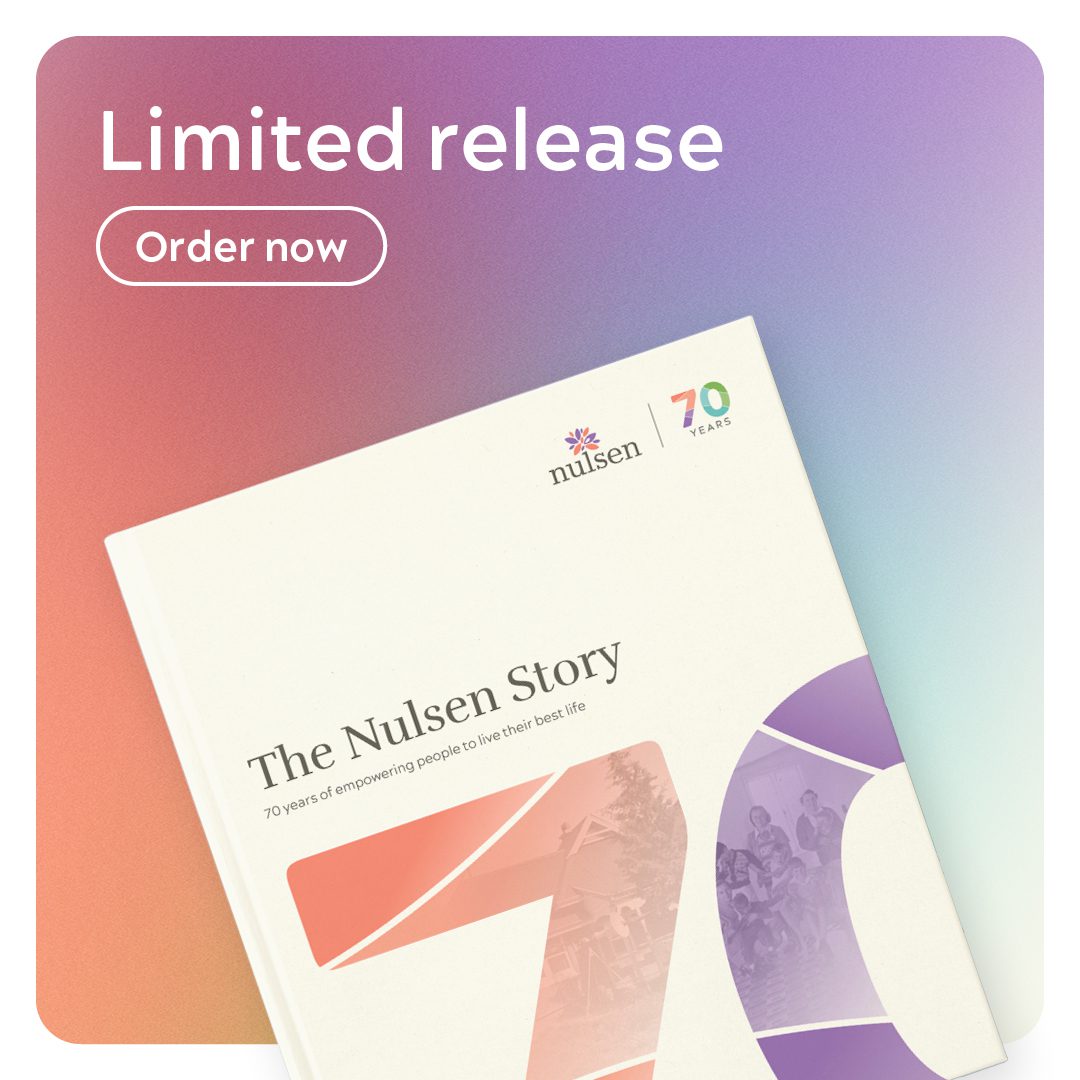
The Nulsen Story
Offer hope, certainty and trust to a person with complex needs. Nulsen Disability Services (& Nulsen Therapy) provides accommodation and specialist daily support to people with complex disability.
